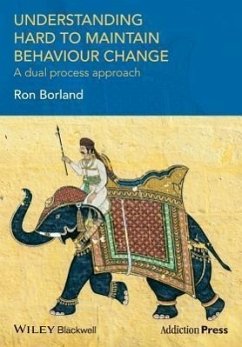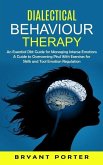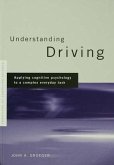The book presents an integrative theory of hard-to-maintain behaviours, which includes hard-to-reduce or eliminate behaviours such as smoking and other drug use, overconsumption of food or unsafe sex, and hardto- sustain behaviours such as exercise and sun-safe behaviours. Most of the examples come from the author's work on tobacco smoking, but it is relevant to anyone who is concerned to understand why some forms of desirable behaviour are so hard to achieve, and to those trying to help people change. It also has important implications for public health campaigns and for the development of policies to nudge behaviour in desirable ways. Current ways of thinking about health behaviour change are seriously limited. Simple rationality-based models are insufficient. Advances in neuroscience are establishing the importance of affective (emotional) responses as determinants of behaviour. However, while these can sometimes be influenced by rational processes, this influence is only partial and, for many, insufficient to allow unconflicted pursuit of what we believe is in our best interests. The theory the book elaborates, CEOS theory, explains how behaviour is jointly determined by the Context in which the person lives and two interrelated elements of internal function which it calls the Executive and Operational Systems. The key determinants of the latter are the influences of what is called the Operational System, which represents the parts of human functioning that we share with infrahumans. It responds to what is happening in the moment and controls the means by which we act on the world. The Executive System is based on linguistic models that are references to conceptual ideas of what could be; it is the well spring of our capacity to act with foresight. The theory helps us understand why determinants of the initiation of attempts to change behaviour differ from those that influence the long-term success of those attempts. It sees the former as largely driven by executive processes and thus amenable to theorising around rational, expectancy value models, while maintenance of change is more affected by particular kinds of experiences associated with trying to adopt the new pattern of behaviour. This book follows a recent trend in theorising about behaviour change by taking a dual-process approach. Related theories include Nudge, a theory with which it shares several key elements around the importance of more effective communication and targeted environmental changes as strategies for change. The book provides readers with frameworks to: - Determine whether a "hard-to-maintain" behaviour is a result of the skills needed to perform it, its reinforcement history, the way the person thinks about it, the context, or some combination of these. - Better integrate cognitive and behavioural change strategies, including emergent strategies related to mindfulness and acceptance, plus novel ways of retraining operational processes. - Understand the different nature of challenges for behaviours where multiple attempts are typically required before the desired behaviour pattern is sustained. - Better understand the role of feelings and emotions as influences on behaviour. - Understand the limits of environmental factors to determine change. - Understand the limits of self-control and willpower. Thoughtful practitioners will find the book extremely useful in trying to work out better ways to help their clients and to challenge them to review some of their current orthodoxy.








